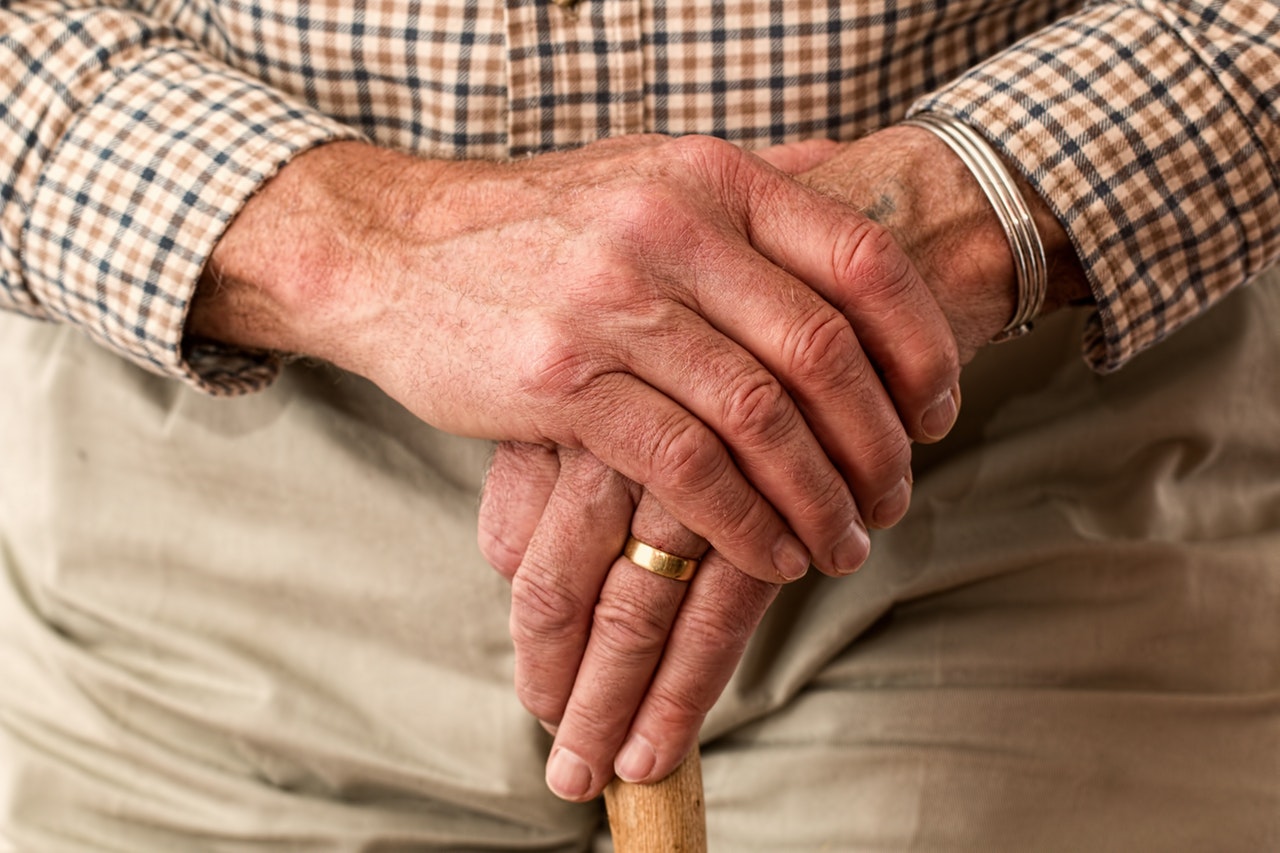Why Assessing Seniors is so Important Right Now!
Providers of services and those assessing seniors to older adults are especially concerned about their clients during this time. With so many health care providers and seniors sheltering in place, though, it can be challenging to monitor the wellbeing of older adults. The method of assessing clients may need to be modified during this time. For many service providers, this will likely include more frequent and extensive phone conversations with seniors.
- Seniors are more susceptible – Doctors have warned that older adults should be extra cautious due to their “compromised immunity” and higher chances of suffering from “co-morbidities” or other diseases which make them more susceptible to coronavirus. For this reason, we must make it a priority to monitor older adults so that sudden changes in their wellbeing can be identified on time. Coronavirus has caused deaths of 60-plus-year-olds stretching across the cities of China to the metropolises of Italy and now the United States. Each senior’s situation is unique and their needs may change more frequently and/or unexpectedly. The best way to tailor services to each individual is through assessments.
- Isolation and loneliness -The CDC has encouraged everyone to practice social distancing (which is defined as “remaining out of congregate settings, avoiding local public transportation, and maintaining distance (approximately 6 feet) from others.”) since there is no treatment for the Coronavirus at the moment. The key is to focus on prevention and minimal social interaction. Consequently, socialization for seniors has been limited and in some cases, prohibited. This may lead to feelings of isolation and loneliness. However, with the help of technology, seniors can still maintain some form of interaction with their loved ones, which can help reduce feelings of loneliness and depression.
- Emotional Instability – Emotional instability is an associated risk factor with an older adult losing their independence. As the COVID-19 pandemic continues to unfold globally and in our community, it’s normal for people to experience a wide range of thoughts and feelings including anxiety, worry, fear, sadness or frustration. These experiences are all understandable in the face of this significant challenge. There has been loss of lives, rapid changes to our way of life, and reduced connection with loved ones. If seniors are assessed more frequently, the assessment could indicate how a senior is feeling emotionally.
- Inadequate nutrition – Research has shown that nutrition is highly correlated with the loss of independence. Due to the Coronavirus pandemic, stores are shutting down, volunteers and caregivers helping to sustain meal programs for nonprofits are staying back home for fear of contracting the virus. We must continue to monitor and frequently assess seniors to ensure they have healthy meals, or have the help they require in these difficult times. Also, maintaining a healthy and balanced diet is necessary to strengthen the immune system.
Monitoring and assessing seniors more frequently is extremely important during this COVID-19 pandemic. The results from assessments can determine what type of intervention seniors need so they can continue to thrive.

